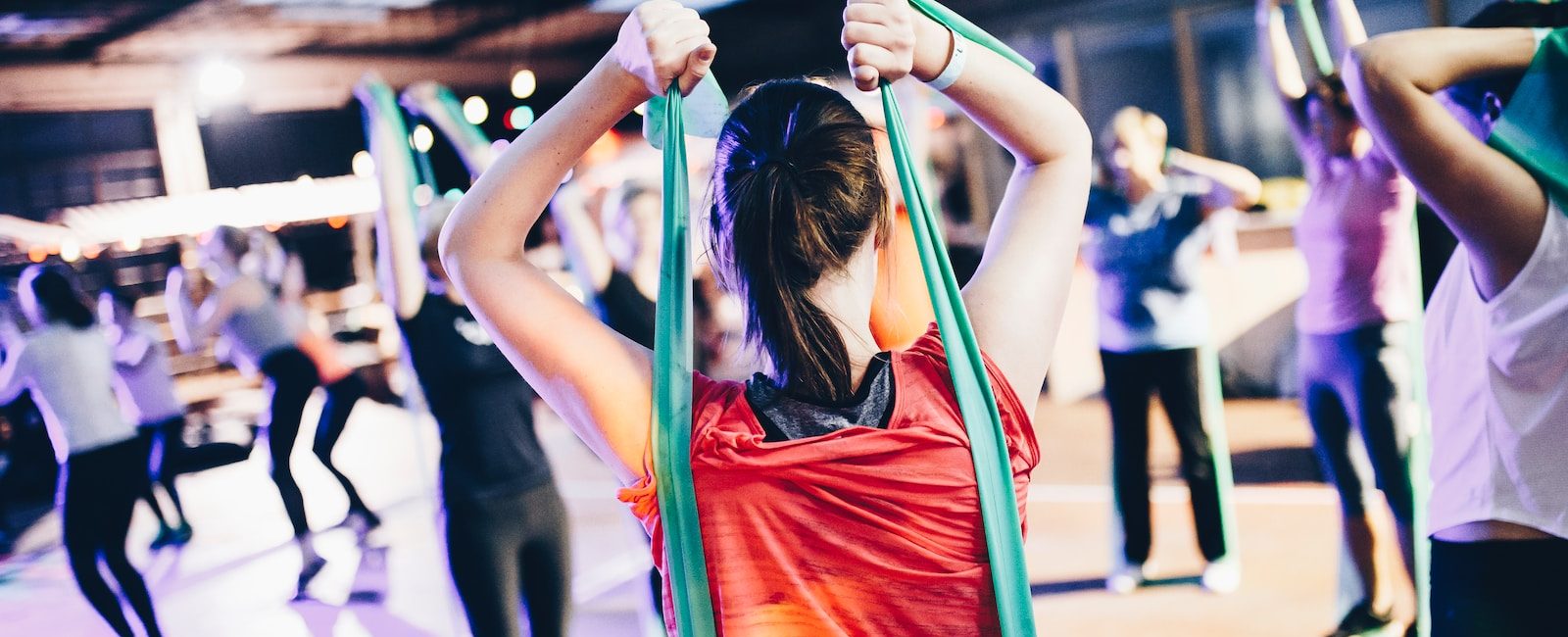
Fitness is a term that is often used to describe a healthy lifestyle that is beneficial for overall well-being. It encompasses a wide range of activities that help maintain and improve physical and mental health, such as exercise, healthy eating, and proper hydration. In this article, we will dive into the world of fitness and explore its various components, including types of exercises, nutrition, and lifestyle changes that can help you achieve your health goals.
Types of Exercises
When it comes to fitness, exercise is a crucial component. There are several types of exercises, each with its unique benefits. Cardiovascular exercises, also known as cardio, are activities that increase heart rate and improve cardiovascular health. Examples of cardio exercises include running, cycling, swimming, and dancing.
Strength training is another type of exercise that focuses on building muscle strength and endurance. Strength training exercises include weight lifting, resistance training, and bodyweight exercises such as push-ups and squats. Pilates and yoga are also popular strength training exercises that help improve balance and flexibility.
Finally, there are high-intensity interval training (HIIT) exercises that combine cardio and strength training in a short period. HIIT exercises are intense and require maximum effort, but they can be highly effective in burning calories and building muscle.
Nutrition
While exercise is essential for maintaining overall health, nutrition plays an equally important role in achieving fitness goals. Eating a well-balanced diet that is rich in lean proteins, whole grains, fruits, and vegetables can help support the body’s energy needs and improve overall well-being.
Protein is a vital macronutrient that helps build and repair muscle tissue. Good sources of protein include lean meats, poultry, fish, legumes, and dairy products. Whole grains, such as brown rice, quinoa, and oats, are excellent sources of complex carbohydrates that provide energy for exercise and other physical activities. Fruits and vegetables are rich in vitamins, minerals, and antioxidants that help fight inflammation and support the immune system.
Lifestyle Changes
In addition to exercise and nutrition, lifestyle changes can also help improve overall fitness. For example, getting enough sleep is essential for muscle recovery and overall health. Adults should aim for at least 7-9 hours of sleep per night.
Reducing stress levels is another important lifestyle change that can help improve fitness. High levels of stress can lead to inflammation and other health problems. Activities such as meditation, yoga, and deep breathing exercises can help reduce stress levels and improve overall well-being.
Finally, staying hydrated is also essential for maintaining overall health. Drinking plenty of water throughout the day can help regulate body temperature, prevent dehydration, and support healthy digestion.
Conclusion
Achieving overall fitness requires commitment and dedication. By incorporating regular exercise, healthy eating habits, and lifestyle changes, you can achieve your health goals and maintain overall well-being. Remember, fitness is not just about looking good; it’s about feeling good and living a healthy lifestyle. Start small, set realistic goals, and take it one day at a time. With consistency and effort, you can achieve a healthy and fit body that you’ll be proud of.


